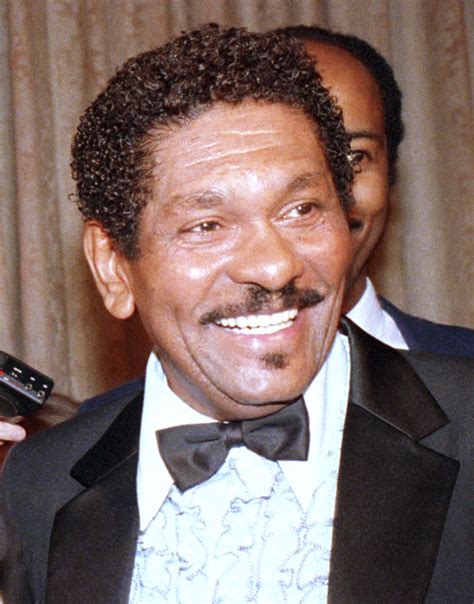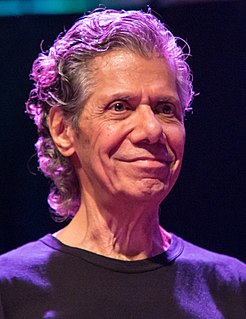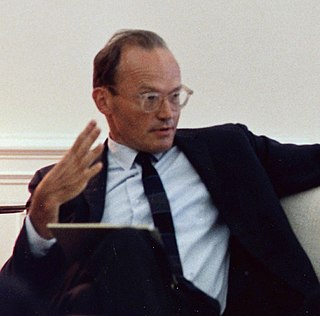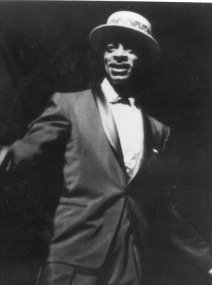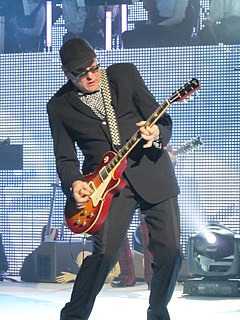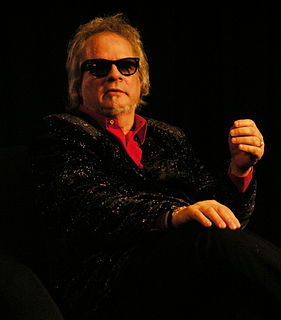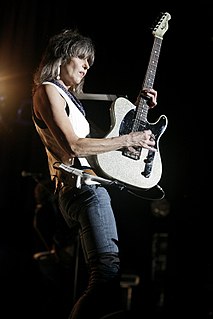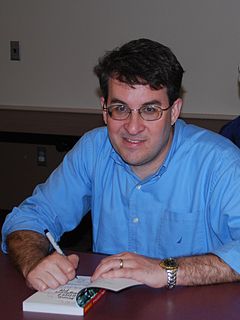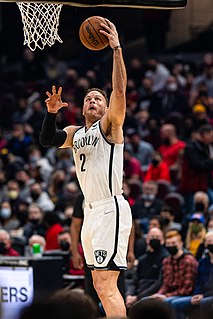A Quote by Carl Gardner
My musical background in Tyler, Texas was quite outstanding. Uh, I grew up with, uh, with high school teachers who were in bands, they could play music. And we had a nine piece band there in Tyler, and I joined them when I was about, oh, 15 years old and traveled all over Texas in that band, playing for the elite oil people. Hah. And um, I was making about 50 bucks a night, and uh, it taught me, they taught me how to find my timing and to learn the songs that I wanted.
Quote Topics
About
Background
Band
Bands
Bucks
Could
Elite
Find
Grew
Grew Up
Had
High
High School
High School Teachers
How
Joined
Learn
Making
Me
Music
Musical
Night
Nine
Oh
Oil
Old
Outstanding
Over
People
Piece
Play
Play Music
Playing
Quite
School
School Teachers
Songs
Taught
Teachers
Texas
Them
Timing
Traveled
Tyler
Um
Up
Wanted
Were
Years
Related Quotes
My dad was all about music. He was a musician, leading a band when I was born. His band was active all through the 40s. He'd started it in the late 20s and 30s. According to the scrapbook, his band was doing quite well around the Boston area. During the Depression they were on radio. It was a jazz-oriented band. He was a trumpet player, and he wrote and arranged for the band. He taught me how to play the piano and read music, and taught me what he knew of standard tunes and so forth. It was a fantastic way to come up in music.
It was obvious uh, that uh, the situation in Vietnam was far from stable in 1964 and that there, if in fact the United States was going to uh carry out its declared intent to uh, do its best to prevent uh, a Communist overrun of South Vietnam, uh, there would be at least hard choices to make, and there might be a choice for uh, stronger action.
You had to give, uh, a lot of consideration to the fact that, uh, the artist had to come back into the mike area and start singing, especially the background singers, you know. And you had to make sure they had a couple of bars of music in order to catch their breath. And uh, in many cases a lot of choreographers didn't give that, uh, the proper thought.
Uh, excuse me, sir, I, uh, don't known how to uh, to uh, tell you this, but you were three minutes late. The schedule is a little, uh, bit off." He grinned sheepishly. "That's ridiculous!" murmured the Ticktockman behind his mask. "Check your watch." And then he went into his office, going mrmee, mrmee, mrmee, mrmee.
I've been trying to learn how to not be so conflicted about things like my own anger. I've always had a place in my music for my anger as a way of compensating for not having a mechanism to express it in my everyday life. So I've been trying to be more true to myself, and that helps me to chill out a little bit. But politically, uh-uh. No.
After I found out that I was playing music and that I'd have to learn how to read and write music, I started doing that about two years later. Finally, I said, "Oh, that means what I really want to do is to be a composer." But when I was coming up in Texas, there was segregation. There was no schools to go to. I taught myself how to read and how to start writing.
All those experiences were a chance to learn more about music. Playing with the Valley band is like such a "live" band. I mean, really, in many ways Bright Eyes is really a studio project. We form bands to tour, but it really is - you know, we take the songs and we figure out how to decorate them and it's all in the studio, we build the songs that way. Whereas Mystic Valley Band was the exact opposite, where everybody knows what they are gonna be playing on the song and there's sort of a general stylistic approach, and then it's just plug in and play.
I was never too interested in high school. I mean, I never went to a dance, I never went out on a date, I never went steady. It became pretty awful for me. Except, of course, I could go see bands, and that was the kick. I used to go to Cleveland just to see any band. So I was in love a lot of the time, but mostly with guys in bands that I had never met. For me, knowing that Brian Jones was out there, and later that Iggy Pop was out there, made it kind of hard for me to get too interested in the guys that were around me. I had, uh, bigger things in mind.
Me: Well, you see, I, uh, I'm a cancer survivor. Person #1: And how's that working out for you? Me: Well, you see, I, uh, used to have leukemia. Person #2: Dude, how come you're not, like, BALD? Me: Well, you see, I, uh, I had acute lymphocytic lymphoma when I was five. Person #3: Whoa. THAT must'a sucked. I once had my tonsils out.
